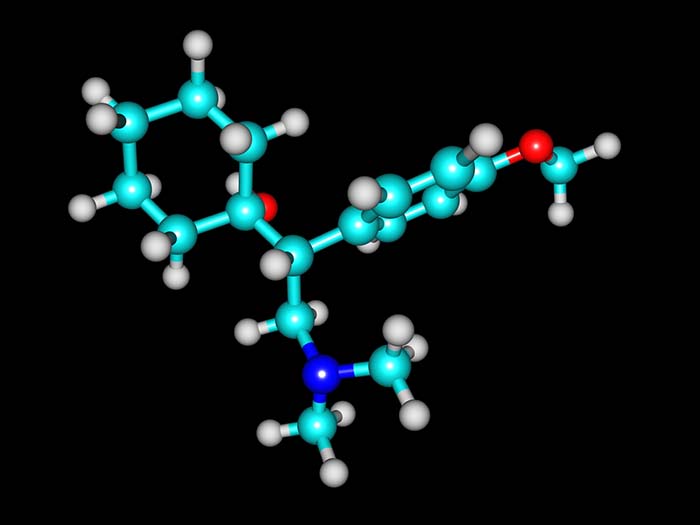25 Mar Common Symptoms of Effexor Withdrawal and How to Cope
If you or a loved one struggles with depression or other mental health-related illnesses, there’s a good chance your doctor prescribed you Effexor to cope with your condition. Effexor is a popular anti-depressant, a long-releasing drug helping millions worldwide....



